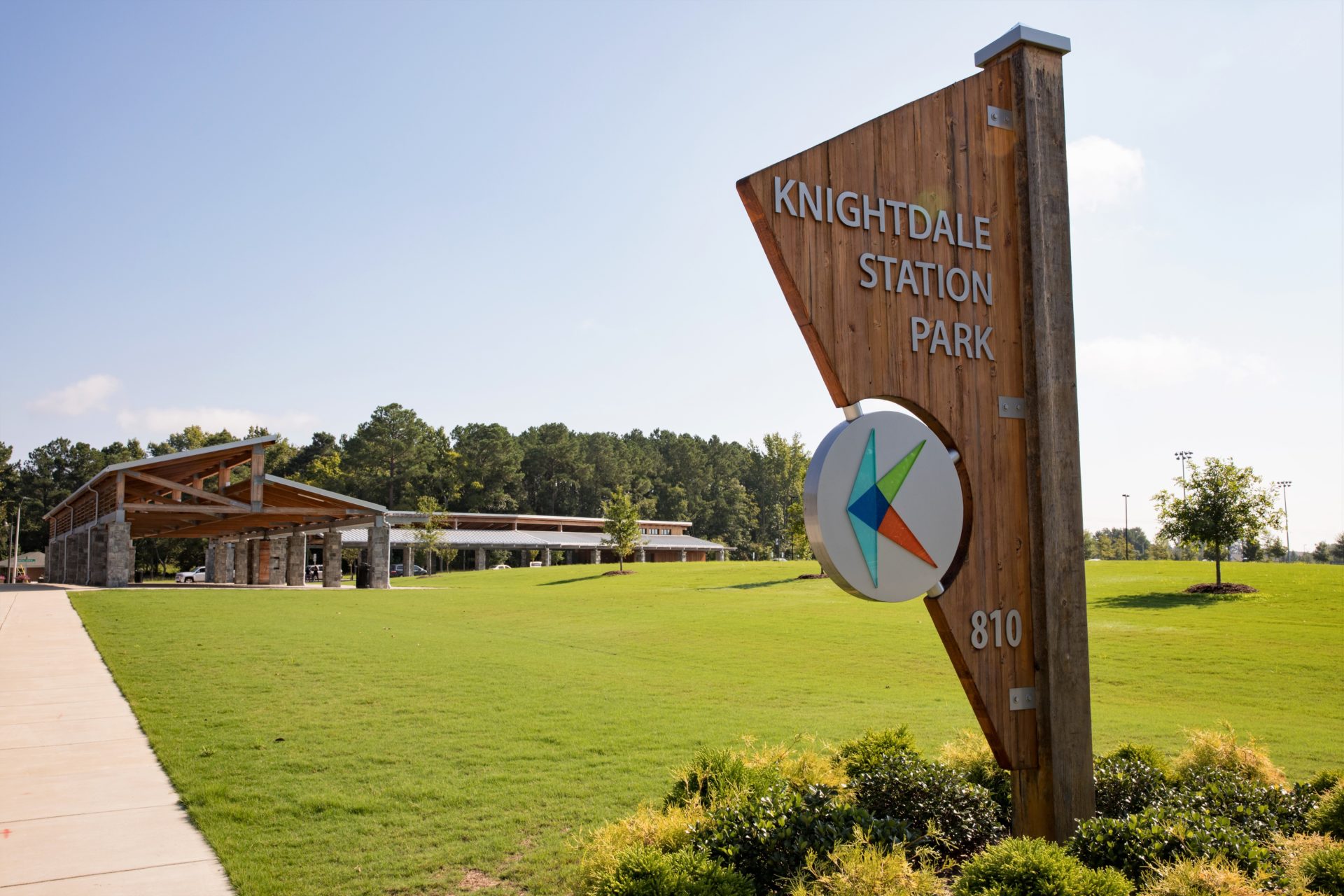Good news! A plan (or “rules”) for making Falls Lake water cleaner is set to begin January 15, 2011, following 18 months of negotiations among local governments, agriculture, civic groups and homebuilders. Why does this matter? Because Falls Lake is Raleigh and Eastern Wake’s main drinking water source (so probably YOUR water!), and it’s really polluted. Thanks to Falls Lake legislation spearheaded by Wake Senator Josh Stein, the rule-making process moved quickly under the leadership of the NC Division of Water Quality. The Raleigh City Council and city staff also deserve a big hand for being outspoken for a pretty strong clean-up plan.
The goal of the Falls plan is to reduce significantly the amount of polluting nutrients (nitrogen and phosphorus) that are causing overgrowth of algae (some of which is potentially toxic to humans) that is choking out life in Falls Lake. Continued development, agriculture, more vehicular air pollution, and wastewater treatment collectively cause serious harm to our water quality. Without critical steps to reduce polluted stormwater runoff, water pollution hazards will increase as our region grows.
The rules require developers, agriculture, and upstream governments (such as Durham) to take direct actions to reduce pollution runoff. It won’t be easy, but the stakes are high if we don’t act now. Plus, taxpayers who are not directly responsible for Falls’ demise, but drink the water (Raleigh and Eastern Wake towns) are footing the bill in the meantime for increased water treatment costs, like more chemicals and filtration. These costs resulted in friction in the negotiations, but a compromise was reached and approved in November by the state’s Environmental Management Commission.
The good news is that there are real steps that can be taken to make a difference – like low impact development that should keep more stormwater onsite, thus reducing the runoff that carries the nutrients that pollute the streams, rivers, and Falls Lake. Technology is also making other improvements possible, including cleaner wastewater treatment plants.
Nonetheless, we ALL have a role to play in making our water clean and can make a stronger effort by not using lawn fertilizers, minimizing pavement on our property, using public transit, and creating rain gardens. Check out Raleigh’s stormwater reduction cost-share program for cisterns, rain gardens and more!
WakeUP Wake County will continue to monitor the Falls Lake rules in the coming months.

